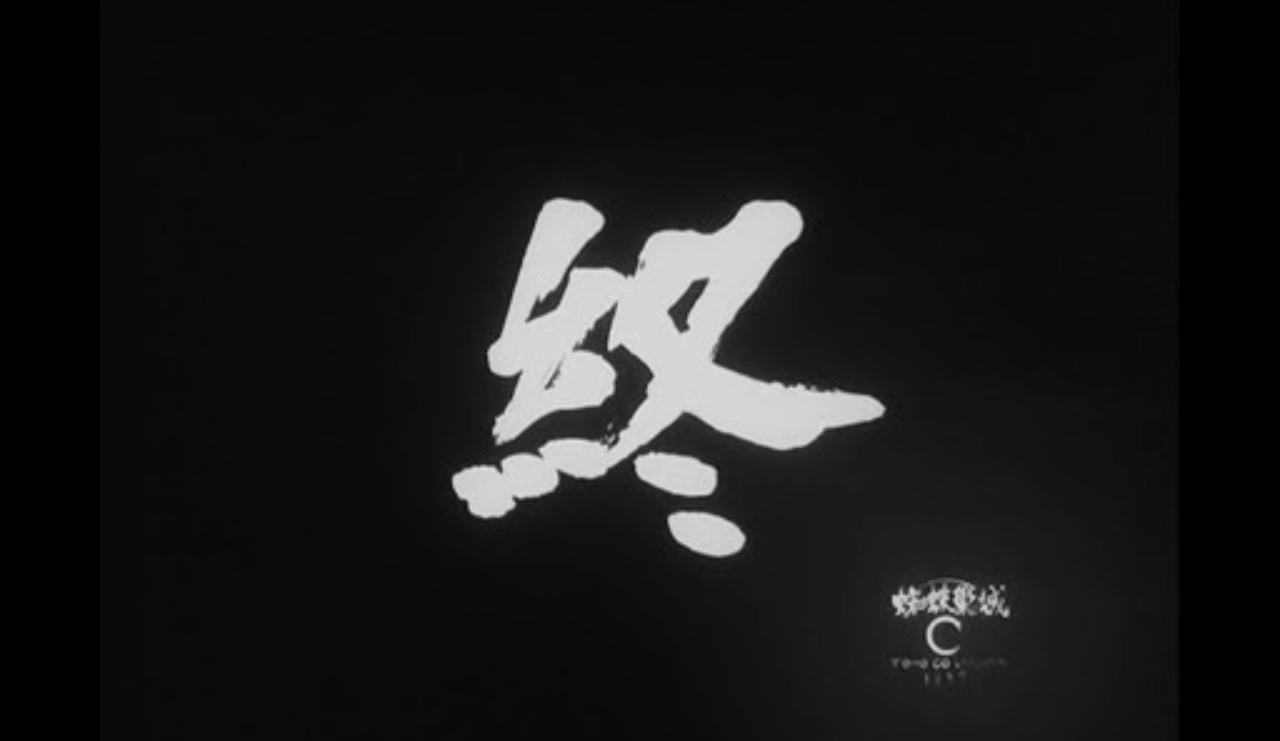09 F9 11 02 9D 74 E3 5B D8 41 56 C5 63 56 88 C0
A cryptographic key for Blu-Rays. The MPAA used to send out C&Ds and DMCA takedowns left and right to hide this code.
I remember when this Streisanded hard on Digg. Good times.
In the same vane, the root keys for the playstation 3 being released by some hacker caused a lot of hubub from sony.
Copyright is civil, not criminal. Oh but I guess the DMCA added some criminal elements… Still, requires more than posting a string of octets.
child pornography would fit this description
Do you really need this “information” tho?
Not seeing the relevance of need at all? It seems like a legit answer to the question, at least inasmuch as any specific content or documents can be, as opposed to forbidden knowledge/ideas like crypto key numbers or (in the past) the concept of a gun-type fission bomb.
Of course you’re right it was just a joke
When the first DVD cracking util was released, DeCSS, it violated the DMCA and people were getting sued and threatened with felonies for sharing it. Very quickly people figured out loopholes to make it an archivable creative work, like putting it on tshirts and encoding it as a prime number: https://en.m.wikipedia.org/wiki/Illegal_prime
I remember an mp3 going around where a guy turned it into a song, complete with the chorus, “I don’t like the DMCA.”
deleted by creator
I had a green DeCSS shirt. It was awesome. I ditched it while coming over the border.
For a while it was illegal to export Pretty Good Privacy, or PGP from the US.
FTP servers in the US removed it for fear of legal action.
So I imported it from a University in Scotland. 😉
Not just PGP, but any encryption strength above a certain level was considered “munitions” from a legal standpoint. Because of this, finding a windows Ssh client was a PITA for quite a while.
Wait does imply that other encryption is broken since what would it matter if you used encryption greater than something the government allowed you to
Nah, this was ages ago. I don’t remember the exact encryption strength, but it was pretty low, even by yesteryear standards. This was a remnant from when cryptography was ruled by whichever government could find the biggest autistic savant.
I believe the encryption restrictions were relaxed in 1998.
However, certification for import/export of nuclear weapons and other dangerous goods was still needed for strong encryption (such as phone SIM cards) as recently as 2006. To get on that list of people who could legally transport SIM cards not for personal use over the US border, you needed the same background check and government clearance as someone transporting enriched uranium.
There was a limit on key strength at 40 bits. Americans were allowed 56 bits (OK, they didn’t really get the full 56 bits, but that is another story). The Electronic Frontier Foundation built “Deep Crack” in 1998, a custom machine that broke the 56 bit DES in two seconds, so it probably would have taken them 1/8 second to crack the 40 bit. This happened when the ban was still active.
This led to two movements: creative export and hosting of >40 bit algorithms outside the US, and development of better algorithms outside the US, like Rijndaal, SERPENT, IDEA, E2, and other non-US AES-candidates.
All encryption can be brute forced, the point of having a large key size is to make the compute effort needed to brute force the key impractical.
“Impractical” for an individual, even one that has several very powerful computers (by DIY standards) is a much lower bar than impractical for a government, that might use huge supercomputing clusters or hardware designed specifically for brute forcing encryption.
Note that the recommended key size to protect from “individual” tier hackers has increased over the years as the power of the average personal computer has increased.
Literally some of the 34 things Trump was convicted of has to do with this!
Oh interesting, should I look up Trunp rule 34 for more information on this?
Do it
So it’s illegal, but nothing comes of getting convicted. No actual consequences.
Got it.
Only if you have money and/or power, tho. If you’re just some guy, you’re 100℅ fucked.
High level leaks of classified material is the first example that comes to mind. The raw Wikileaks data, for example, was widely accessible and easily found by anyone with a quick search, and yet possessing that material was technically illegal, because it was never declassified.
Julian Assange has something to say about this.
Edward Snowden has something to say about this.
Reality Winner has something to say about this.
Chelsea Manning has something to say about this.
Woodward and Bernstein had something to say about this.
No doubt. It being illegal doesn’t mean it wasn’t morally justified and right in most cases. Just means it took more courage and personal risk to do the right thing.
You’ve been banned from /r/warthunderforums
War plans. Classified information in general will cause some trouble, but mostly for the person who leaked it. War plans, on the other hand, will be recovered by any means necessary, up to and including lethal force without warning.
Or accessing it if you have a security clearance. I’m not allowed the look at any of the documents Snowden leaked. Because even though they are easily obtained they have not been declasified. I don’t have a need to know or the necessary SC.
Instructions how to build a nuclear bomb.
They have been so very illegal during the very first years of the internet that the scanning of content by police and 3 letter agencies was invented especially because of that.
Then many people made fun of the fact, for example by putting fake hints into the footers of their e-mails or forum posts, and maybe this was the beginning of all memes.
Beginning of internet memes? Maybe. I’d have to look up when that happened. Beginning of memes as a whole? That would be off by several thousand years at a minimum, just going by ones archaeologists have already found.
Yeah, if you need actual instructions to build a nuclear bomb, you will not nearly be able to build a nuclear bomb
“Pornography” was illegal to own. Things like abortion information or anything mentioning homosexuality was pornographic.
In Australia the anarchist cookbook is a banned book. We only surprisingly recently unbanned books like 1984 and brave new world.
Having info on the heliocentric solar system could land you in a dungeon or worse back in the day.
Even the Catholic church does not do that anymore. With some American Evangelicals, I’m not that sure…
In the US it’s illegal to grow poppy if you know what it is
Only the opium poppy, Papaver somniferum. The rest are just fine.
What are you talking about that’s the breadseed poppy.
Seems you’re correct. So how are poppy seeds so common if they’re Papaver somniferum? Weird.
It’s all about ignorance and intent. If you grow P.somniferum ornamentally, and/or shake it out for seeds it’s fine. You can even sell the dried pods for floral arrangements. But if you make tea out of the dried pods, or milk the latex it’s illegal. Which is insane since the pharmaceutical opioids are so much more harmful and dangerous.
They can’t prove I know what it is tho. 😏
“What do you mean I had to know because I was making heroin? You mean my calming sleepy flower juice from those cool flowers I found?”
You need to use a razor to bleed the poppies for their latex, which is opium.
I’d say if you’re found with poppies that you’ve done this to then there’s a very good chance you knew what you were doing.
The little seeds on bagels?
Yup
But…why are bagel seeds illegal to grow? And why aren’t bagel producers getting in legal trouble?
Similar to growing hemp instead of cannabis. Though I’m not that familiar with the specifics of different poppy strains
Poppy seeds grow into opium plants if you put them in the ground.
nice try! you can’t prove that I know anything!
Rip Trevor Moore. He burned too bright for this world.
Died choking on his own dick
Under no circumstances should crabs be taught to read. There are consequences.
Or what
I’d say classified documents if you don’t have the clearance and process to legally possess them
Just keep them in your bathroom and no one would ever find them.















